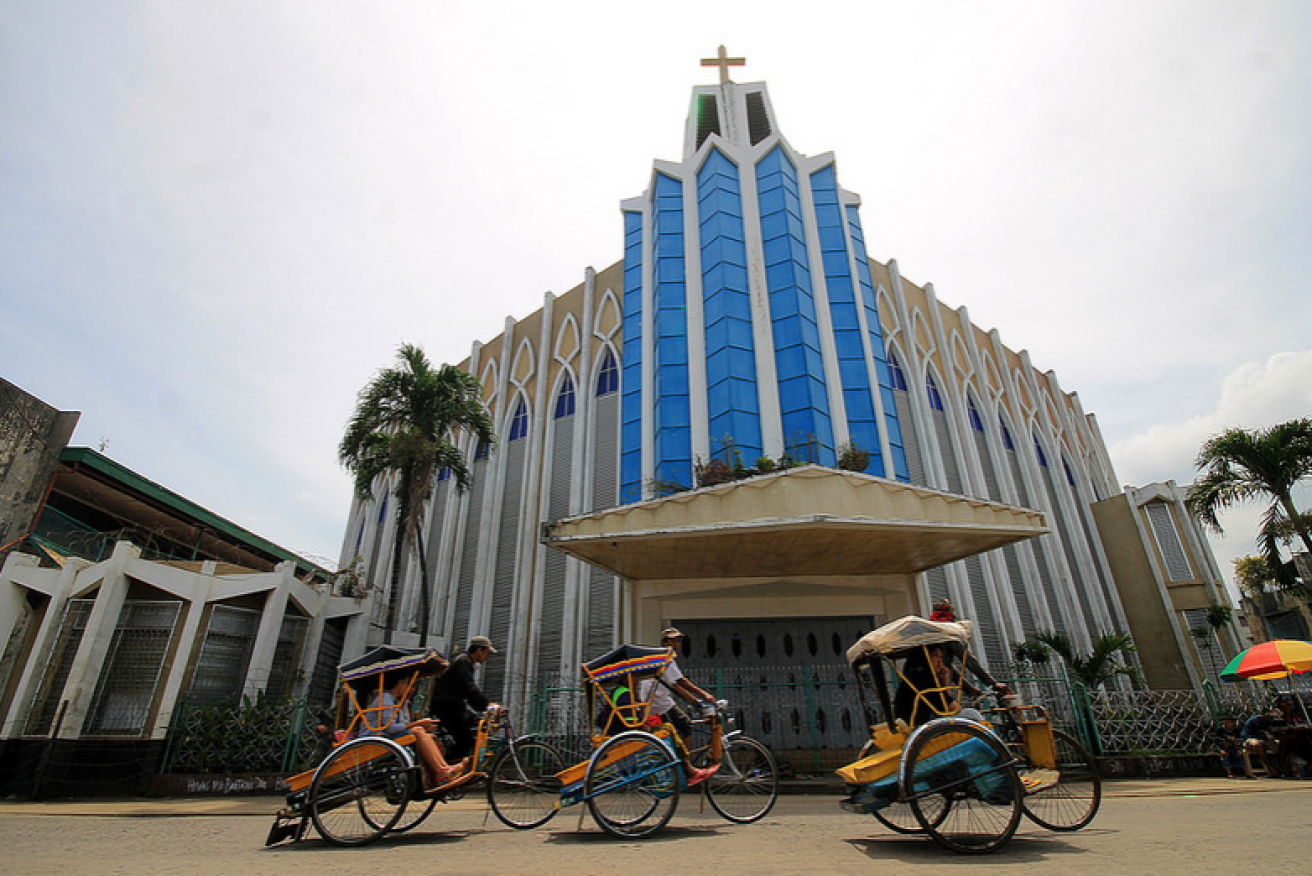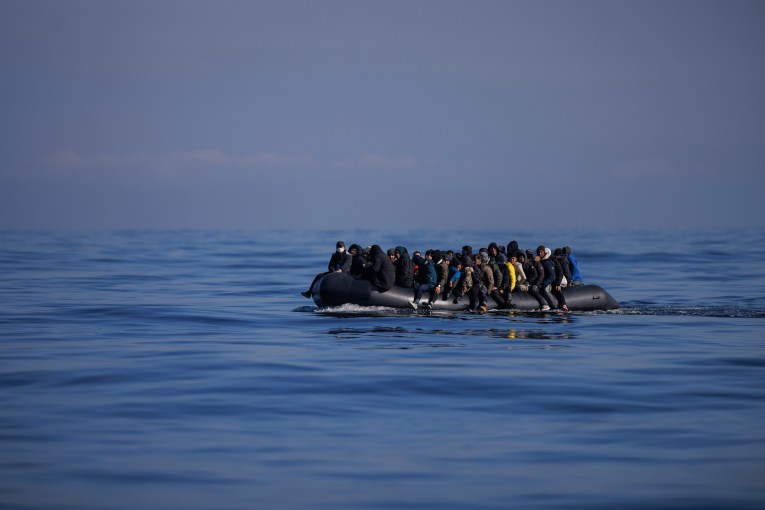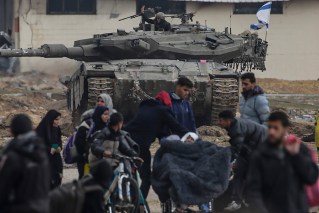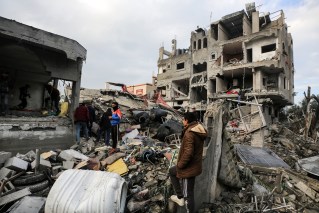At least 27 killed as twin bombs target Christians in southern Philippines

The twin blasts hit worshippers outside Jolo Cathedral in the southern Philippines. Photo: Flickr
At least 27 people have been killed and 77 people injured by two bombings at a cathedral in the southern Philippines during mass, according to police and the military.
The explosion at a Catholic cathedral came days after a referendum on autonomy for the mainly Muslim region returned an overwhelming “yes” vote.
Security officials say the first bomb went off in or near the Jolo cathedral on Sunday, followed by a second blast outside the compound in the car park as government forces were responding to the attack.
Jolo island has long been troubled by the presence of Muslim militants belong to the Abu Sayyaf offshoot of al-Qaeda militants, who are blacklisted by the United States and the Philippines as a terrorist organisation because of bombings, kidnappings and beheadings.
PHOTOS: Scene outside the Jolo, Sulu cathedral after the twin bombings this morning that killed at least 27 and wounded at least 77 people. @rapplerdotcom pic.twitter.com/54NWlMaN3I
— Rambo Talabong (@ramboreports) January 27, 2019
The blasts blew away the entrance to the cathedral and ripped through the main hall, shredding to pieces the pews and toppling other doors.
The bombings killed 20 civilians and seven soldiers, while 61 civilians, 14 soldiers and two police officers were hurt, regional police director Graciano Mijares said.
There was no immediate claim of responsibility.
“We will pursue to the ends of the earth the ruthless perpetrators behind this dastardly crime until every killer is brought to justice and put behind bars. The law will give them no mercy,” the office of President Rodrigo Duterte said in Manila.
Photos showed debris and bodies lying on a busy street outside the Cathedral of Our Lady of Mount Carmel, which has been hit by bombs in the past.
It followed an announcement on Friday that the region, a mainly Muslim part of the predominantly Catholic Philippines, had approved a plan to govern itself by 2022, boosting hopes for peace in one of Asia’s poorest and most conflict-torn regions.
Monday’s referendum saw 85 per cent of voters back the creation of an autonomous area called Bangsamoro.
Although Sulu was among only a few areas that rejected autonomy, it will still be part of the new entity.
The creation of the Bangsamoro Autonomous Region of Muslim Mindanao was a key provision in a peace agreement signed between the Philippine government and the largest Muslim rebel group, the Moro Islamic Liberation Front, in 2014.
Colonel Gerry Besana, spokesman of the military’s Western Mindanao Command, said an examination of the bomb materials should reveal who was behind it.
National police chief Oscar Albayalde said it was possible the militant Abu Sayyaf group could be involved.
“They want to disturb the peace and order, they want to show force and sow chaos,” Albayalde said on radio.
Jolo is a stronghold of Abu Sayyaf, which has a reputation for bombings and brutality, and for having pledged allegiance to Islamic State.
The militant group is also heavily involved in piracy and kidnapping.
Last week’s referendum came at a critical time for the Philippines, which hopes to end decades of separatist conflict in Mindanao that experts say has given rise to extremism.
That has stoked fears that foreign radicals will gravitate to Mindanao to capitalise on porous borders, jungles and mountains, and an abundance of arms.
-with AP, DPA








